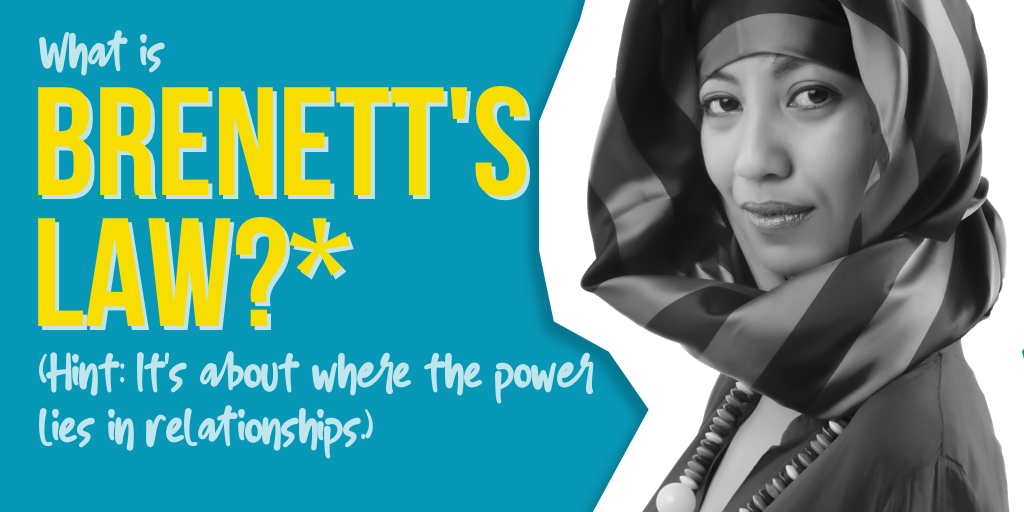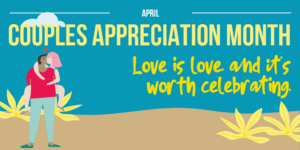I’m going to start off with the law and a few corollaries, then we’re going to dive down into it.
The male, not the female, determines all the conditions of the animal family. Where the male can derive no benefit [usually sexual coupling] from association with the female, no such association takes place.”
This law also implies the following corollaries:
- Past benefits provided by the female do not provide for continued or future association.
- Any agreement where the female provides a current benefit in return for a promise of future association is null and void as soon as the female has provided the benefit (see corollary 1).
- A promise of future benefit has limited influence on current/future association, with the influence inversely proportionate to the length of time until the benefit will be given and directly proportionate to the degree to which the male trusts the female [or other females are made available].
In simple terms, Brenett’s Law means that the female within a relationship is subject to the law of diminishing returns, i.e. she has to continually offer something [usually sexual coupling] of interest. Benefits in the past are rendered void, and her promise to do so is worthless if she fails to provide future benefits on time.
What do you think?
Do you agree?
I was thinking about this yesterday (as of writing), when a man commented on my kinky dating competition post about how hard it is for men (especially those over 35) to date, and how women offer sex and kink in an early relationship, then withdraw it after marriage (presumably trapping the poor man, and preventing him from living out this law as intended), offering only a blow job once a year or so.
He dirty deleted when the responses to his comment were not positive.
But did he have a point? And I wonder what his dominant and wife might have thought of his assessment of all women.
The person who cares the least has the most power in the relationship.
What about this theory? Do you think this is true?
I know that a lot of people do believe it.
And what question are these two theories answering?
Even in BDSM I’d like to think that we don’t JUST look for power from our relationships. Even for those of us who enjoy the power exchange dynamics.
Power is not love.
It’s not acceptance.
It’s not connection.
And, it’s not happiness.
And I, for one, want all of those things in my relationships—and more, even.
But if we are JUST talking about power. IF that were the most important thing in a relationship, I would say that my personal theory is that people only have power over you that you give them.
Regardless of gender.
So, me? Or Brenett?
Before you answer, let me share a little something with you:
- I fibbed.
I made up Brenett’s law. And the image I used on our graphics on social media is a random woman.
It’s a total fake.
Ok, well, not a total fake. It’s actually flipping the script on Briffault’s law:
The female, not the male, determines all the conditions of the animal family. Where the female can derive no benefit from association with the male, no such association takes place.”
This law also implies the following corollaries:
- Past benefits provided by the male do not provide for continued or future association.
- Any agreement where the male provides a current benefit in return for a promise of future association is null and void as soon as the male has provided the benefit (see corollary 1).
- A promise of future benefit has limited influence on current/future association, with the influence inversely proportionate to the length of time until the benefit will be given and directly proportionate to the degree to which the female trusts the male.
NOW what do you think? grins
What are your thoughts?
Do you think that any specific gender has innate power over another?
Do you feel that is reductionist, and while sometimes true, misses the point? (Leading question is leading…LOL!)
What do you think about my theory of owning your own power, and choosing how you allow others to use it in relationships?









